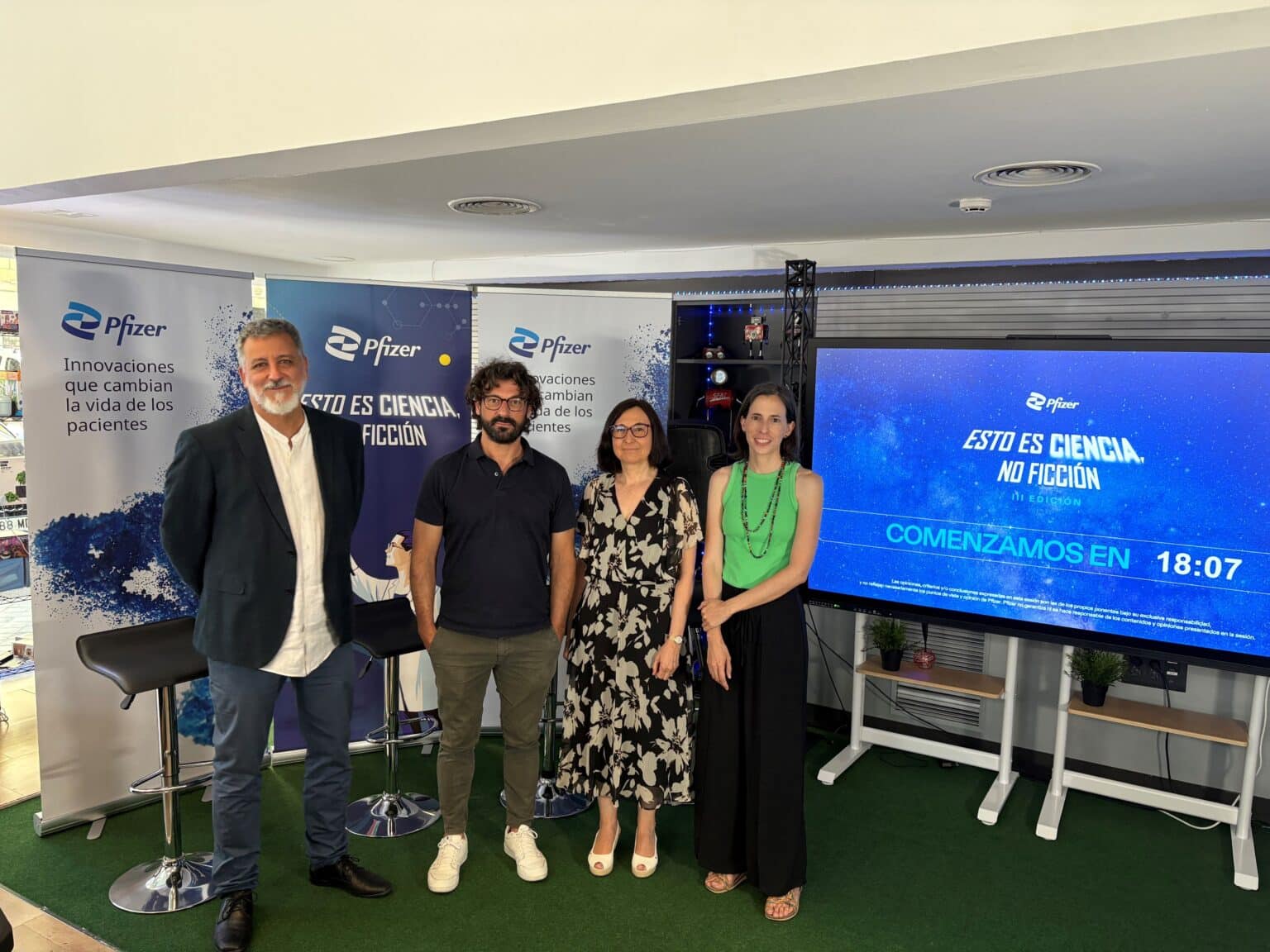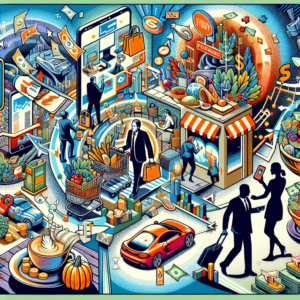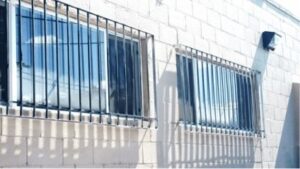Here’s the translation into American English:
In Spain, misinformation on science and health topics has reached alarming levels, highlighting the need for effective strategies to combat it. A recent study by the Spanish Foundation for Science and Technology (FECYT) reveals that more than one in four Spaniards has been exposed to erroneous information in these areas, with social media being the primary channel for disseminating this issue.
In response to this situation, Pfizer Spain has organized the third edition of the initiative “This is Science, Not Fiction,” under the motto “The fight against misinformation, strengthening trust in science.” The event brought together recognized experts in science communication, journalism, and outreach, including David Botello, Marc Amorós, and Laura Chaparro, who provided tools for conveying accurate and accessible information.
The current context is concerning; according to the Reuters Institute Digital News Report, 58% of citizens express concern about the veracity of content found on the internet. Additionally, 51% of scientists have faced attacks on social media when sharing scientific information, leading more than 16% to abandon their outreach efforts.
In his speech, David Botello discussed how the control of narratives has historically been used by those in power to influence public opinion, presenting examples ranging from ancient Egypt to the conflicts between Edison and Tesla. For Botello, understanding these manipulations is essential for addressing contemporary misinformation.
Marc Amorós pointed out that fake news has ceased to be isolated cases and has become institutionalized in a sector that prioritizes emotional impact over truth, complicating the construction of social consensus. Laura Chaparro emphasized the importance of media and civic involvement in this fight, highlighting media literacy as a key tool for evaluating the veracity of information.
The event concluded with an open dialogue about the consequences of misinformation on public health and citizen decision-making. Participants reflected on the urgent need to promote access to rigorous and reliable information, a fundamental step toward building a more informed society that is prepared to face current challenges.
via: MiMub in Spanish











